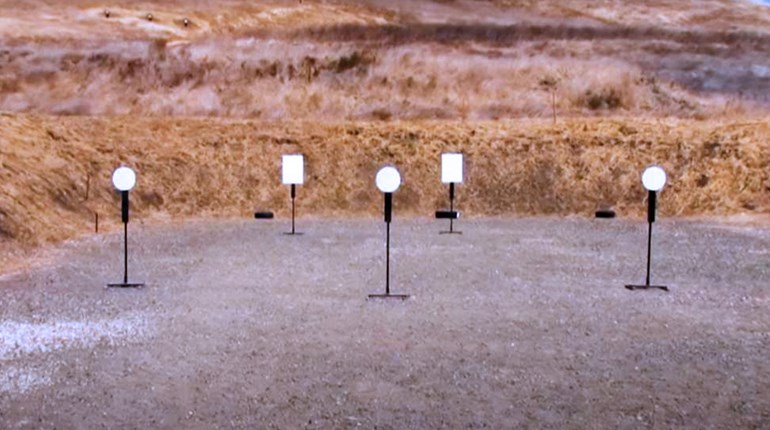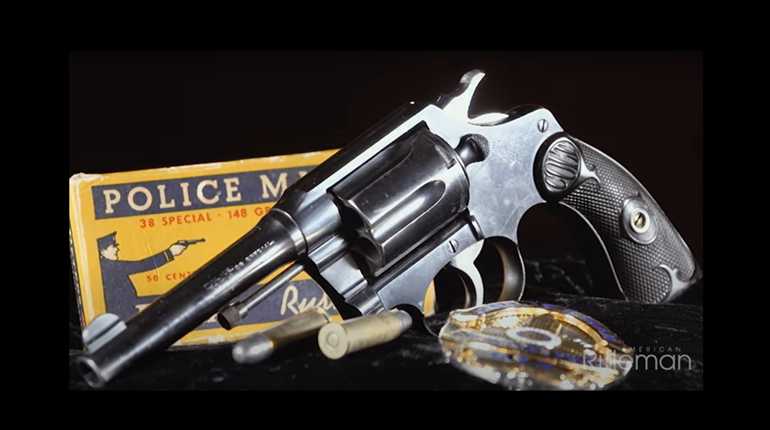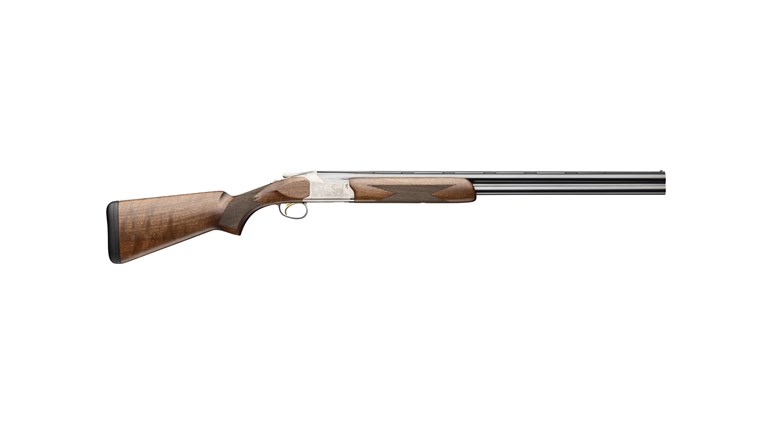
In this series on ballistics, we've done some talking about terminal ballistics, but we haven't done much on the subject of stopping power. Also known as "knockdown power," stopping power is the general term for an attempt to quantify for comparison purposes the ability of various bullet and caliber combinations to immediately incapacitate an animal or a human attacker.
The truth is that a small-caliber rifle or pistol bullet will rarely stop or knock down a living target immediately simply by virtue of its sheer impact power. Depictions on TV and in motion pictures that show bullet impact immediately knocking a character off his feet are unrealistic. In many respects, the general perception of "stopping power" is not supported by scientific evidence. Accordingly, attempts to establish an accurate, neutral and repeatable system to measure bullet stopping power have failed. A bullet can cause immediate incapacitation if it strikes and penetrates a critical nerve center such as the brain or spine. However, this is the result of precise bullet placement, not impact power.
We can, however, test bullets for reliable expansion, penetration and weight retention...all of which will give us an idea of how that bullet and caliber combination will behave in an environment that simulates living tissue. With bullets intended for hunting or self-defense, tissue simulants that are as close as possible to "the real thing" are chosen. The material must be cheap, reliable and easy to use. Some materials used for bullet testing over the years include: modeling clay, paraffin wax, bundled newspapers or telephone directories (wet or dry),watermelon, grapefruit, meat and ballistic gelatin. The consensus among expert ballisticians is that properly prepared ballistic gelatin is the cheapest, most reliable and easy to use and prepare. The standard for most tests is 10 percent ballistic gelatin molded into transparent blocks measuring approximately 24 inches long by 12 inches high by 12 inches deep.
Using properly calibrated ballistic gelatin, it is possible to perform standardized comparisons of bullet expansion, penetration, weight retention and permanent wound tracks. With high-speed photography, the temporary cavity that's produced when a projectile penetrates living tissue can also be measured.







































